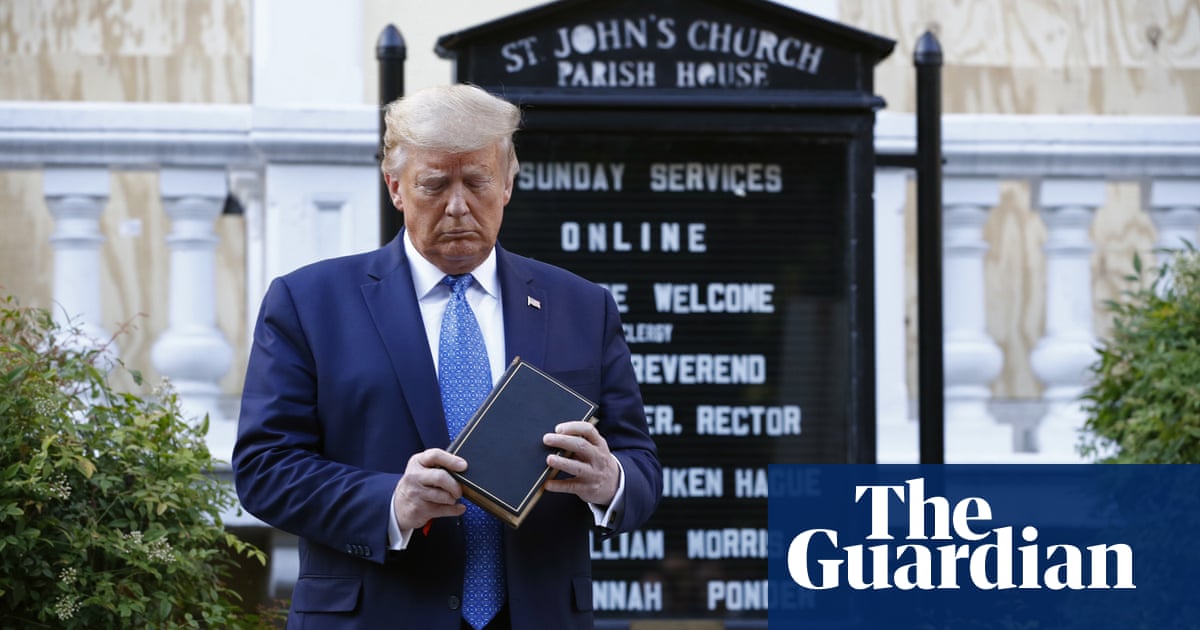
The joy reflected in the pro-Iran and pro-Hezbollah media, as well as the media of Islamic groups loyal to them and the Qatari media, over news that US President Donald Trump’s days are numbered is nothing but a biased interpretation stemming from their fear of him and of failing against him.
This does not cancel the reality and depth of the crisis Trump is going through. However, many analyses stem from a need to gloat over the president’s crisis, and this will negatively reflect on these governments and their media outlets if their speculations turn out to be wrong. Let’s not forget that this was the case after the last US elections, when these same media outlets, relying on Trump’s speeches during his presidential campaign, concluded that the defeat of his rival, Hillary Clinton, meant the defeat of Washington’s usual allies in our region, while his victory meant their victory. The result, however, was the opposite: Trump’s policy was the best thing that has happened to the Gulf states in years and a nightmare for Iran.
Moreover, the biased interpretations of the media in the counter camp had speculated that the Trump administration would back down and give up its stances on the Iran nuclear deal, foil the Arab boycott of Qatar, impose concessions and a solution for the war in Yemen, and withdraw from the Syrian and Iraqi crises. The result seen after two years and until today, however, was quite otherwise.
Trump’s policy was the best thing that has happened to the Gulf states in years and a nightmare for Iran
Abdulrahman Al-Rashed
What about his current crisis? Nothing can be confirmed and, most likely, Trump will stay until the end of his presidential term. If he leaves office before that, it would be for reasons and under circumstances greater than what we currently see and hear. The US is a corporate state, which means Trump"s opponents cannot get rid of him without going through long procedures. In addition to that, the US has a presidential system that is different from Europe’s parliamentary systems, in which a party usually handles the removal of its prime minister if his or her situation gets complicated, as in the case of Margaret Thatcher. She, despite having been the greatest British prime minister, was forced out by her own party before the end of her term as a result of massive protests against her unpopular tax decisions. The US president, on the other hand, is more powerful than his party and can only be removed by impeachment or death. Furthermore, in order to impeach a US president, a two-thirds majority in the Senate is required.
Trump’s situation remains an internal US matter that won’t reverse or change the state’s key policies. The vice president and the majority of Republicans espouse most of Trump’s foreign proposals, including those concerning the Middle East. This means that Trump’s era will continue until the end of 2020 with or without him — his policies will persist, including stifling Iran in an unprecedented manner and supporting the legitimate government in Yemen and its war against separatist militias. His policies may also become tougher in Iraq and Syria against Iran and those acting under its command.
Thus, Trump’s policies will remain for his entire era and are likely to continue during the next era as they have restored the foreign policy adopted by the US before Barack Obama’s second term, which was an anomaly.
Abdulrahman Al-Rashed is a veteran columnist. He is the former general manager of Al Arabiya news channel, and former editor-in-chief of Asharq Al-Awsat. Twitter: @aalrashed
Disclaimer: Views expressed by writers in this section are their own and do not necessarily reflect Arab News" point-of-view











